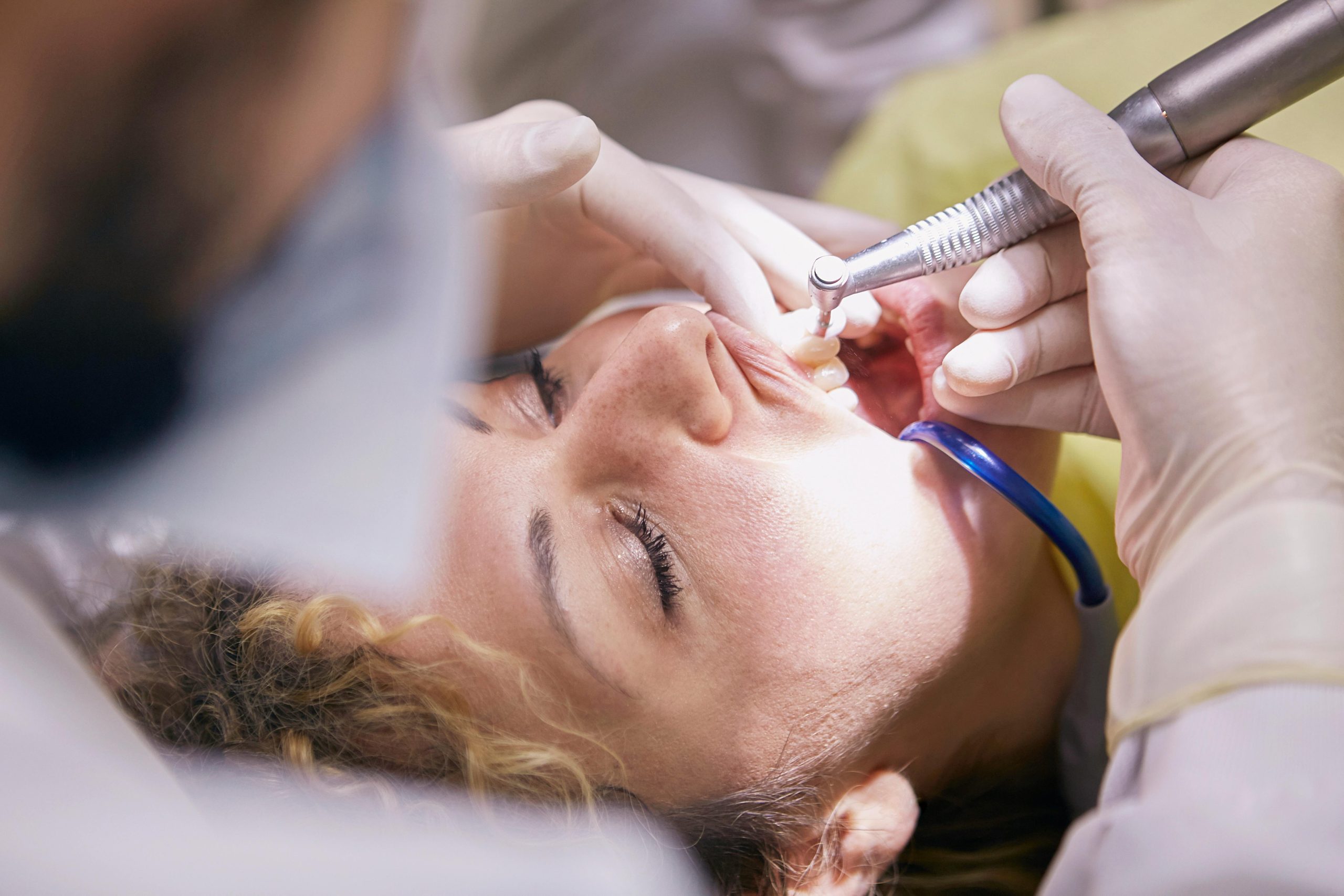Dietary supplements are like vitamins, minerals, and herbs that claim to make you healthier. Some of them can be helpful and lower your chances of getting sick. Doctors might suggest them for people with certain health problems or those who don’t get enough nutrients from food.
Do Supplements Work?
Scientists have different opinions about whether dietary supplements do what they claim. Some studies show that some supplements work like they’re supposed to, but others say they don’t.
For example, there’s no proof that ginkgo biloba, an herbal supplement, helps with memory problems, even though many people use it for that reason. And even though some experts think fish oil can be good for your heart, the results from studies are mixed.
Some studies show certain supplements can be helpful:
– Pregnant women who take iron every day are less likely to get anemia.
– Folate, which is a type of vitamin, lowers the chances of babies being born with certain birth defects.
– Fiber supplements can help with constipation and lower cholesterol levels.
Types of Supplements
There are many different types of dietary supplements that people can take to stay healthy. Here are some common ones:
- Multivitamins: These are pills that contain a mix of different vitamins and minerals that your body needs. They are usually taken once a day and can help you stay healthy overall. Some multivitamins may also claim to have extra benefits like boosting your immune system or giving you more energy.
- Individual Vitamins: These are supplements that contain just one vitamin, like vitamin C or vitamin D. People take these if they need more of a specific vitamin in their body.
- Minerals: These are supplements that contain specific minerals like potassium or calcium. They are taken to make up for any deficiencies in these minerals in your diet.
- Botanicals: These are supplements made from herbs and plants, like ginger or caffeine. People take these for different health reasons, like reducing inflammation or getting more energy.
- Probiotics: These are supplements that contain good bacteria that help your gut stay healthy. They can support the growth of beneficial bacteria in your stomach.
- Amino Acids: These are supplements that contain the building blocks of protein, called amino acids. They can help with things like athletic performance and recovery after exercise.
Risks of taking supplements
For most people, taking common dietary supplements like multivitamins is safe and doesn’t cause big health problems.
But, anyone can have a bad reaction to a supplement, especially if they take too much. Taking too many supplements can lead to different health issues like liver damage, bleeding too much, or even having a stroke.
If you have serious problems with a supplement, you might notice:
– Stomach pain
– Feeling like you’re going to throw up
– Feeling dizzy or really tired
– Chest pain
– Having trouble breathing
– Your heart beating too fast
– Trouble peeing or pee that looks weird
– Having diarrhea or poop with blood in it
– Not feeling hungry
– Losing weight without trying
If you’re allergic to a supplement or something in it, you might get a rash, itchy skin, or your throat, tongue, or lips might swell up.
If you have any of these symptoms or reactions, get medical help right away.
How to Use Supplements Safely
Taking dietary supplements can be helpful, but it’s important to use them safely. Follow these steps to make sure you’re using supplements in the right way:
- Talk to Your Healthcare Provider: Before you start taking any supplements, it’s a good idea to have a conversation with your doctor or healthcare provider. They can give you advice based on your individual health needs and any medications you might be taking. Make sure to tell them about any other supplements you’re using, as well.
- Follow the Instructions: When you start taking a supplement, read the label carefully and follow the directions. The label will tell you how much to take and how often. It’s important not to take more than the recommended dose unless your healthcare provider tells you to.
- Watch for Side Effects: Pay attention to how your body reacts to the supplement. If you notice any unusual or uncomfortable symptoms after taking it, stop using it immediately and get in touch with your healthcare provider. They can help you figure out if the supplement is causing the problem and what to do next.
- Pregnancy and Breastfeeding: If you’re pregnant or breastfeeding, it’s especially important to talk to your healthcare provider before taking any supplements. Not all supplements are safe during pregnancy or breastfeeding, so it’s best to get personalized advice.
- Surgery Precautions: If you have surgery planned, let your healthcare provider know about any supplements you’re taking. Some supplements can interact with anesthesia or increase the risk of bleeding during or after surgery. Your healthcare provider can advise you on whether you need to stop taking any supplements before your procedure.
By following these guidelines, you can help ensure that you’re using supplements safely and responsibly to support your health and well-being.
Types of supplements
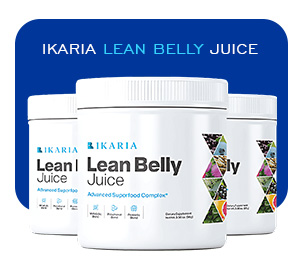
Ikaria Juice
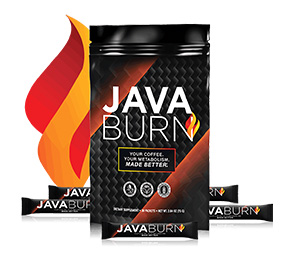
Ikaria Juice
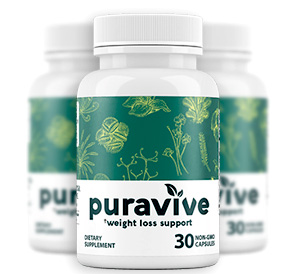
Ikaria Juice
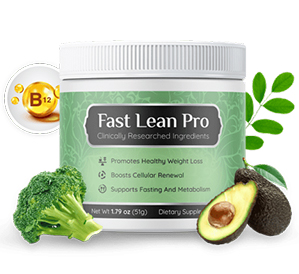
Ikaria Juice
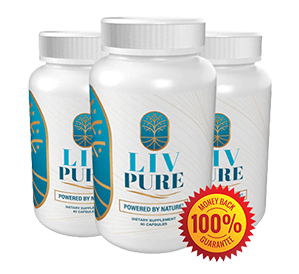
Ikaria Juice
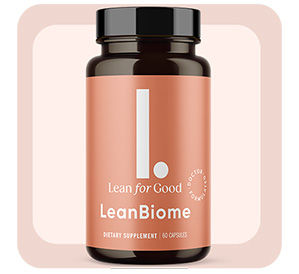
Ikaria Juice
High Quality Vitamins and Supplements
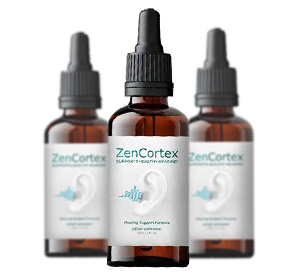
Zencortex
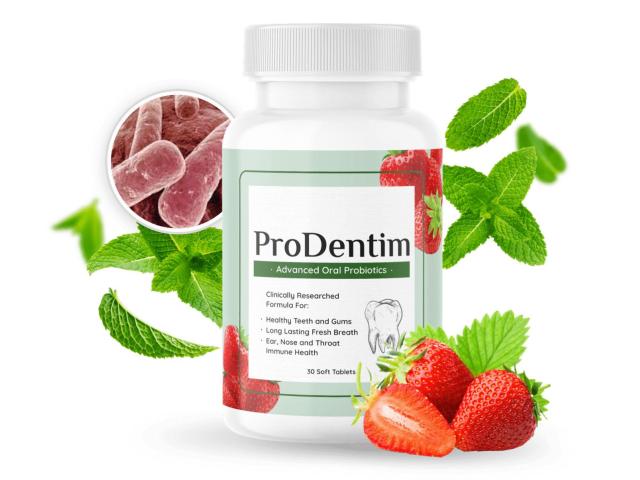
Prodentim
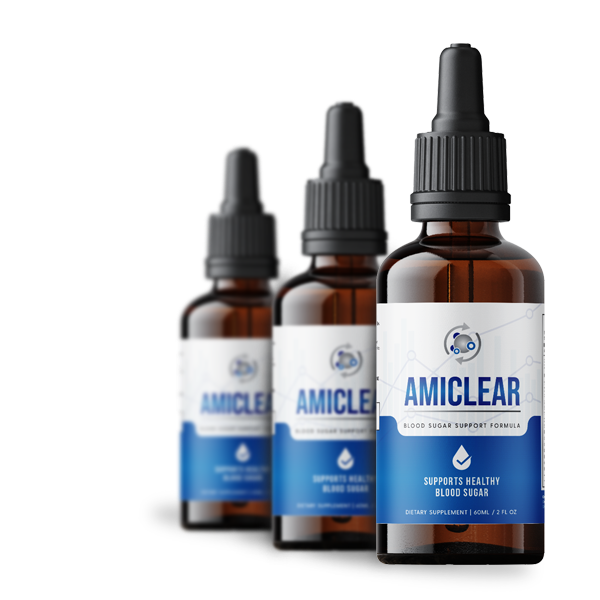
Amiclear
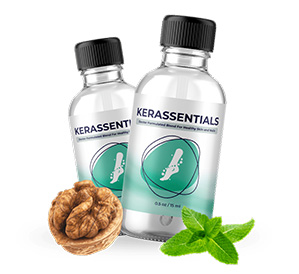
Kerassentials
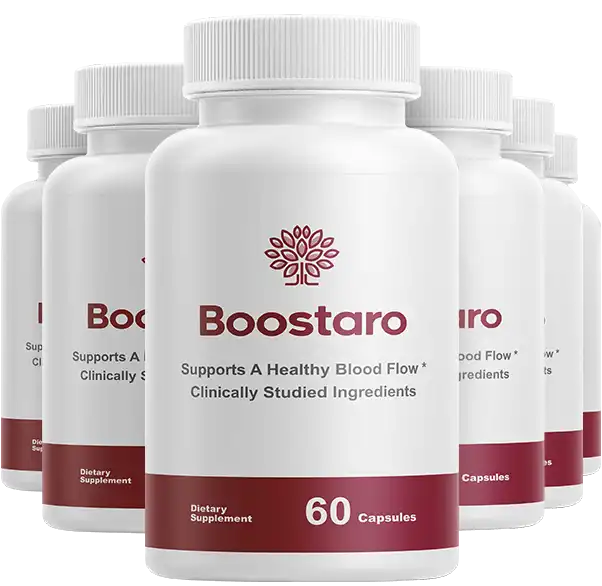
Boostaro

Fitspresso
- Purchase discounted vitamins, health supplements, and probiotics at Panda Adventure Club Market Group.
- An Overview of Dietary Supplements.
- Advantages of Consuming Dietary Supplements.
- Key Considerations for Purchasing Supplements.
- Choosing the Appropriate Dietary Supplement for You.
- Pricing and Discount Information for Dietary Supplements.
- Best Places to Purchase Supplements in the USA.
- Authorized Websites to Buy Dietary Supplements.
- Online Marketplaces for Dietary Supplement Purchases.
- Sales Events and Promotional Deals on Supplements.


